What About Middle Age?
It seems that most research and attention is spent on issues facing children, youth, and the elderly, with middle adulthood bringing up the rear. I believe this has given rise to a generation that feels displaced. If we use the analogy of a dysfunctional family and its varied roles, it would seem that middle aged adults fit well the mold of the lost child, the one who receives the least amount of attention, creates the least amount of trouble, but is also the least connected to the rest of the family.
I believe that it is helpful to visualize those who face identity struggles, loneliness, existential angst, and learned helplessness during their middle adulthood years as lost children, robbed of their once-special status of being the new addition to the family but not quite mature enough to take on the role of the respected and revered older sibling. The dramatic language used to describe this phase of life, as demonstrated above, gives rise to the perception that crisis is a necessary part of mid-life. The word crisis, however, denotes a scenario that is infused with panic, pressure, and danger. Is this really the state of the adult at mid-life? According to many researchers and development experts, mid-life can be seen not as a time of crisis but as a time of opportunity for growth and change.
A Time to Grow
In a sense, mid-life is the ultimate time to explore new areas of growth. During this stage, for the most part, children are becoming less dependent on parents, freeing parents up to pursue their own interests with some financial flexibility to do so. In most cases, adults in this stage are more likely to be well-established in their careers and have established the foundation of credibility that is necessary to take on new opportunities and roles.
Does our society still have room for those who hover near the halfway-point of their lives? I have always thought of the mid-life crisis as the property of the man who is afraid of his own aging, who cannot face mortality and tries to stave it off by dying his hair and buying a sports car. However, this does not accurately describe the typical mid-life experience of someone facing their own existential truth, nor is it necessarily a negative event, even if the hair and the car look terribly out of place.
What’s Really Going On?
Is it merely our societal expectation that causes this man to appear comically desperate to hold on to his youth? Why is it that we have a cultural expectation of the conformity of maturity? Why is it inappropriate for a man to attempt to appear younger than he is when he is driven by a society who tells him that what he is no longer interests it? Is this not a natural reaction? If an insecure man or woman, whose self-image depends on the opinion of others has received the message that they are no longer in the “in-crowd”, the natural reaction is to attempt to work their way back in.
Rather than interpret an individual’s behavior based on the developmental stage that he or she should be in, why not make an assessment as to the stage he or she is actually in? That seems to make sense to me. Perhaps then we will cease to see the mid-life crisis as a crisis at all and simply see it as a predictable and necessary time of identity confusion, allowing the individual the same space and support to navigate that developmental stage that we would give to an adolescent facing the same task.






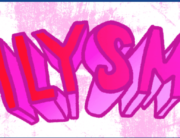









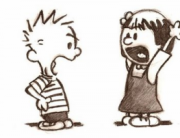










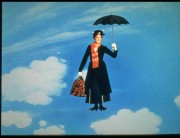
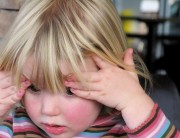

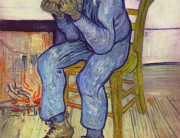

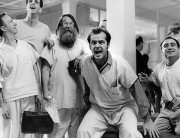







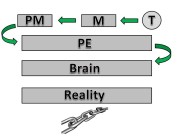







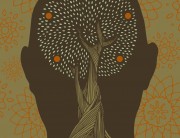

Thanks for sharing .this is perfect !! I really just couldn’t stop smieling the hole time I was reading it because me and my best friend allways talk and joke about our own “mid life” lol